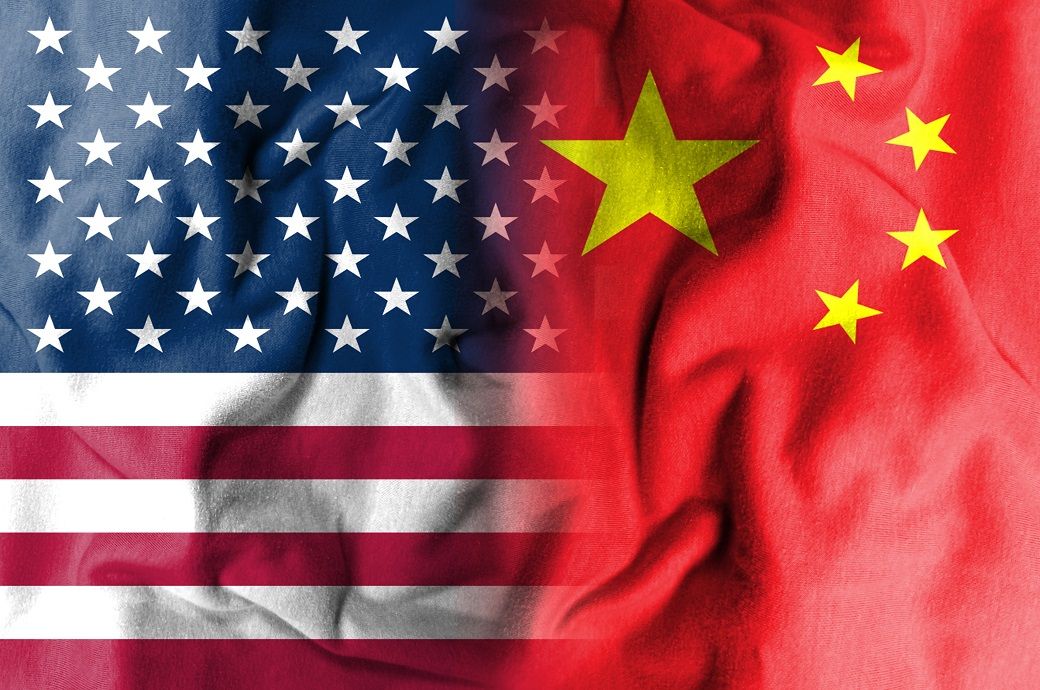
USTR will examine whether China has fully implemented its commitments under the agreement, the burden or restriction on US commerce resulting from any non-implementation by China of its commitments, and what action, if any, should be taken in response.
“The initiation of this investigation underscores the Trump Administration’s resolve to hold China to its Phase One Agreement commitments, protect American farmers, ranchers, workers, and innovators, and establish a more reciprocal trade relationship with China for the benefit of the American people,” said Greer in an USTR release.
USTR has invited public comments and will hold a hearing in connection with this investigation.
On December 13, 2019, following months of negotiations, the United States and China reached the Phase One Agreement under which China agreed to make structural changes to correct distortive acts, policies and practices in the areas of intellectual property (IP), technology transfer, agriculture and financial services, and included certain issues covered in the Section 301 investigation of China’s acts, policies and practices related to technology transfer, IP and Innovation.
Given the persistent and large bilateral US trade deficit with China, the agreement committed China to make substantial additional purchases of US goods and services.
Five years following entry into force, despite repeated US engagement with China to address implementation concerns, China appears not to have lived up to its commitments under the agreement with respect to non-tariff barriers, market access issues and purchases of US goods and services, the USTR release noted.
ALCHEMPro News Desk (DS)
Receive daily prices and market insights straight to your inbox. Subscribe to AlchemPro Weekly!